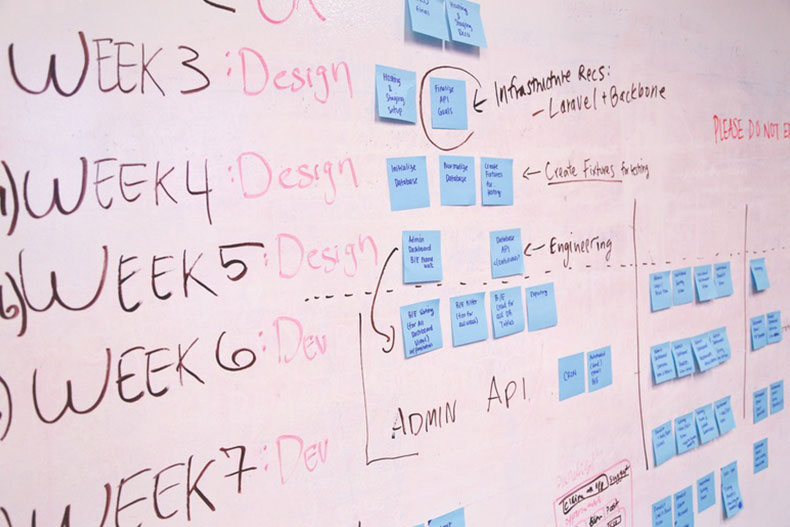
Every team needs a direction. When they have that direction, they need the path to be as simple and easy to follow as possible. But it’s not always as easy to find anything straight and narrow in the hectic world of running a business. The day-to-day interruptions and minutiae can pile up and obscure it completely. So, here’s how you get your team back on track.
Sharing the strategy
Before you start tackling the nitty-gritty, you have to make sure that everyone actually knows what the agenda is. The team meeting is how you’d usually go about that. But the truth is that bogging down team meetings and keeping them too long tends to obfuscate things. If it can be better discussed with just a couple of people or one person, keep it out of the team meeting. Focus only on the main objectives of the day and the week. Then take the time to talk to everyone and make sure they know what those objectives are. Shorter team meetings aren’t only kinder to your staff, but it makes them more productive, too, since they’re not suffering from a little too much information.
Honing the focus
As well as a main objective, it’s likely that employees are going to be dealing with plenty of other tasks. There will be core aspects of their role that always need to be settled, or requests coming in from colleagues. Help them prioritize the tasks that keep flying at them. The core objective comes first, but be aware that they may need to add extra priority to any requests that are needed to free up another’s workflow. Using to-do list software like Todo.ly, it’s easier to prioritize and sort the different tasks coming in.

Alleviating the strain
If those to-do lists are simply gargantuan, you need to take a closer look at what your team is being asked to do. Lighten the load by looking at how you get rid of tasks altogether. Use the right software to automate admin. If your business is bogged down by the management of its tech, then consider looking at businesses like Prosyn Ltd., who offer award-winning IT support. Free up more of their time to keep their workloads manageable.
Dealing with distraction
A workplace can be a distracting place. Helping them prioritize tasks can limit how distracting their other tasks are. But you also have to consider the elements of personal distraction. Things like email, social media, maybe even the noise of the workplace itself. Talk to employees about these distractions. Make it a policy to put away your phone if you’re dealing with high priority tasks. Schedule ‘checking times’ for their email accounts. Make sure instant messengers aren’t used for full-blown conversations but only work-valuable messages. The best way to tackle distraction is by simply talking about the risks and the policies that cut them down.
The team needs a unifying figure to help them constantly focus on what’s important and take the distractions off their hands. You have to step up and be prepared to see that your strategy is being engaged in every sector of the business.